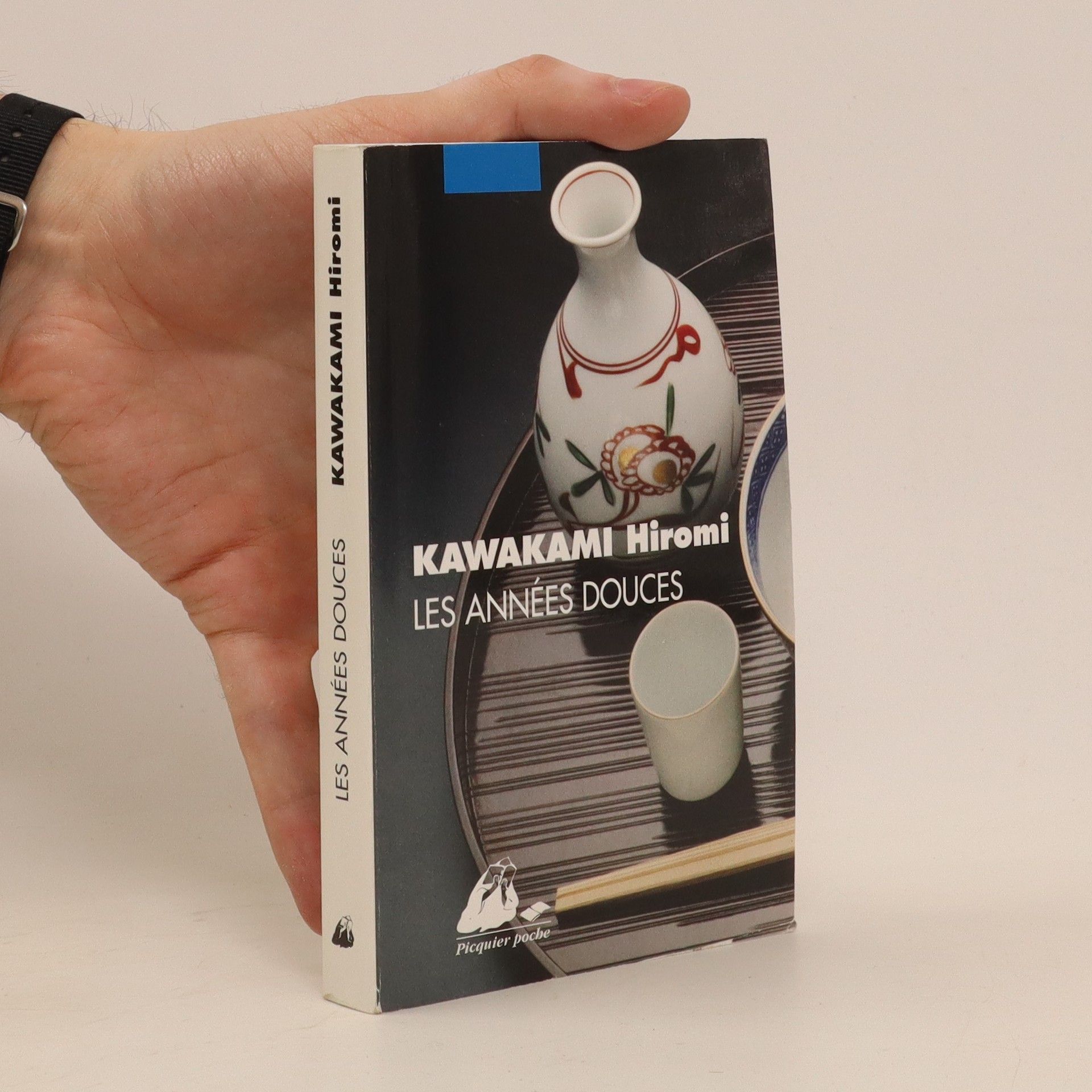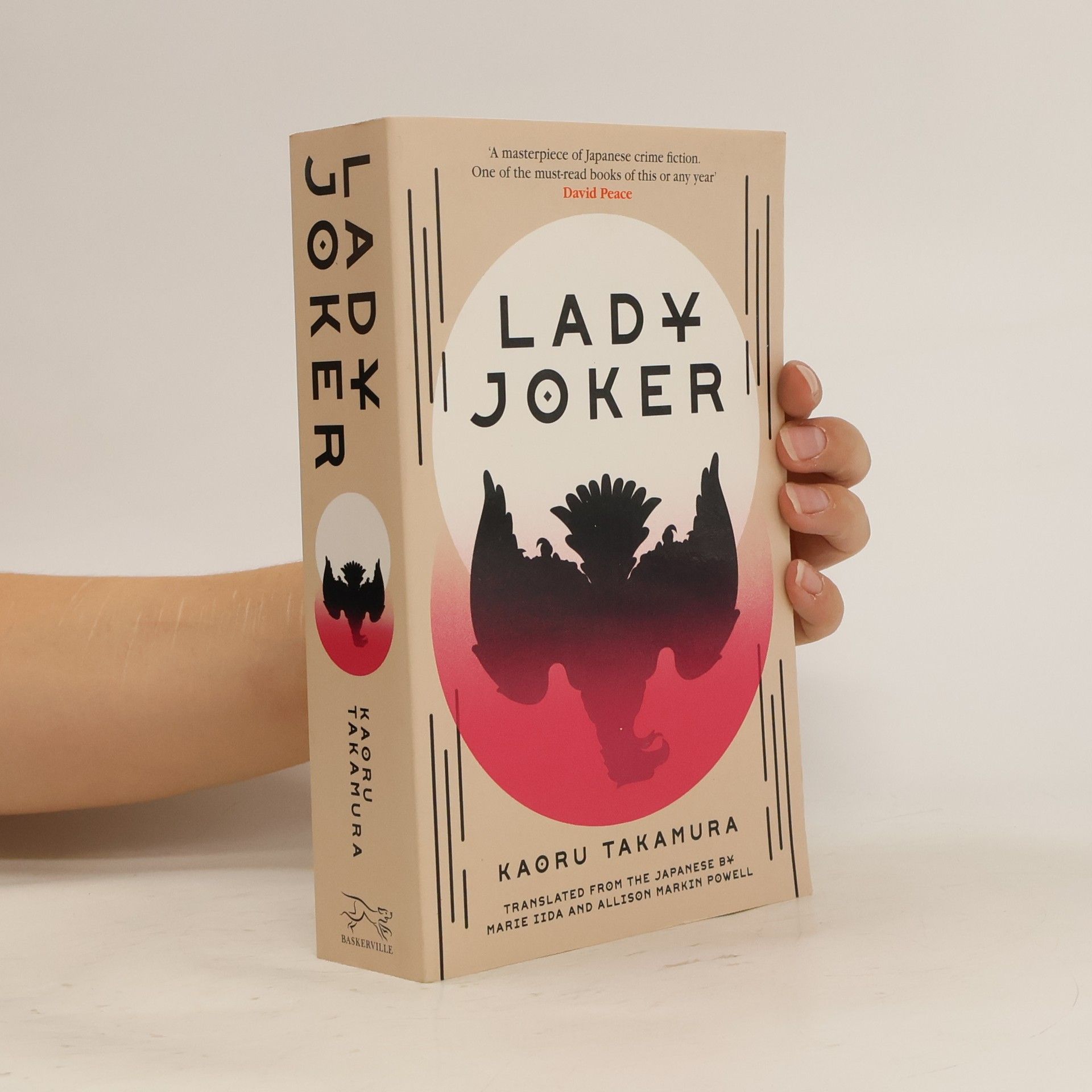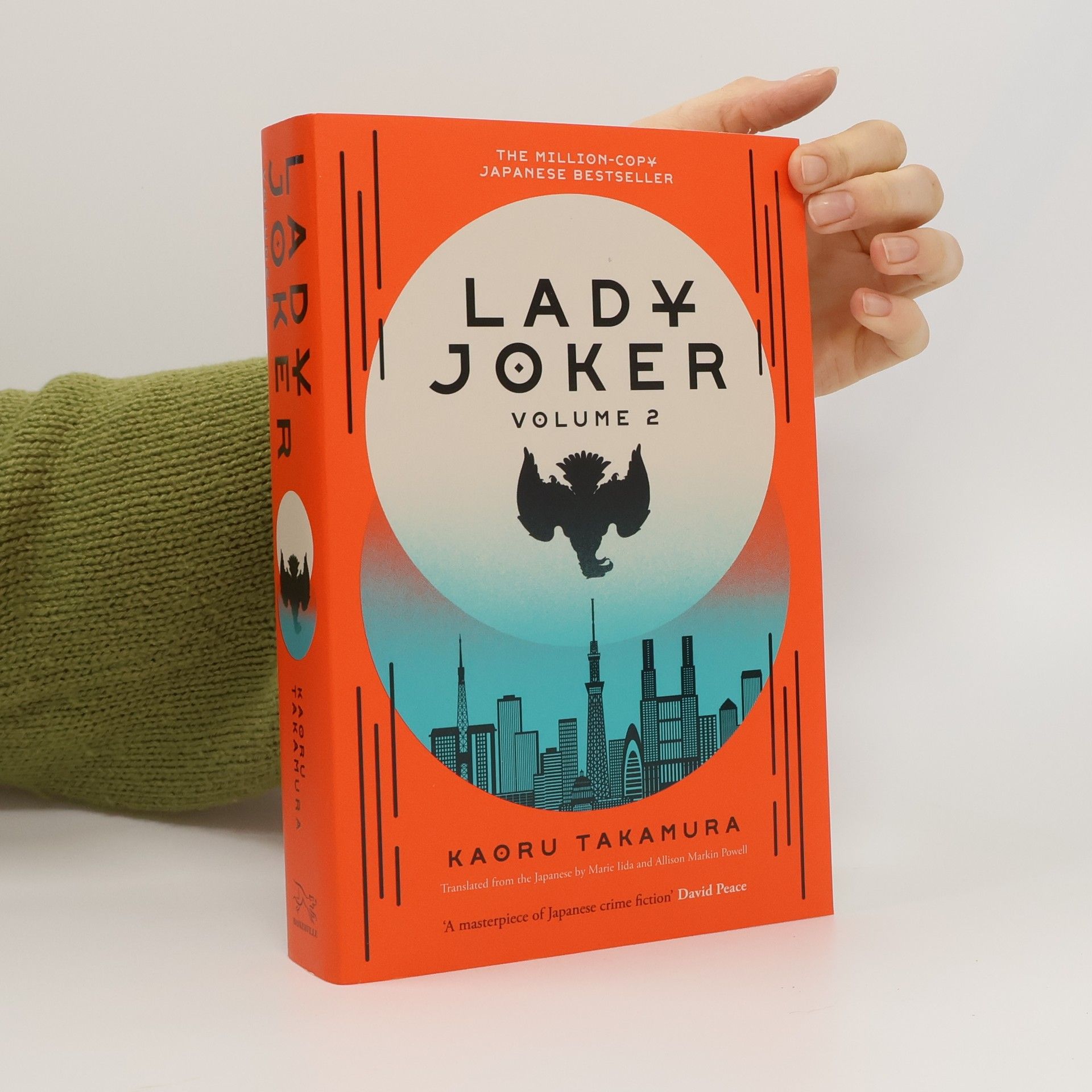Lady Joker: Volume 2
- 608pages
- 22 heures de lecture
'One of the great masterpieces of Japanese crime fiction' David Peace, author of Tokyo Year ZeroThis second half of Lady Joker, by Kaoru Takamura, the Grand Dame of Japanese crime fiction, concludes the breathtaking saga introduced in Volume I.Inspired by the real-life Glico-Morinaga kidnapping, an unsolved case that terrorized Japan for two years, Lady Joker reimagines the circumstances of this watershed episode in modern Japanese history and brings into riveting focus the lives and motivations of the victims, the perpetrators, the heroes and the villains. As the shady networks linking corporations to syndicates are brought to light, the stakes rise, and some of the professionals we have watched try to fight their way through this crisis will lose everything-some even their lives. Will the culprits ever be brought to justice? More importantly-what is justice?'A novel that portrays with devastating immensity how those on the dark fringes of society can be consumed by the darkness of their own hearts' Yoko Ogawa, author of The Memory Police






